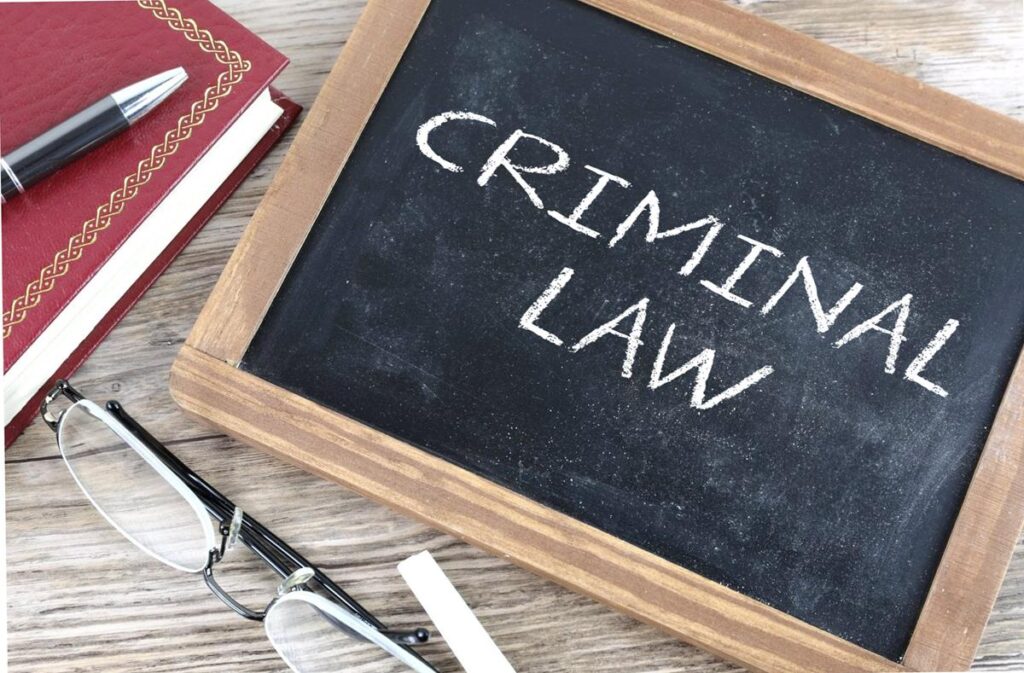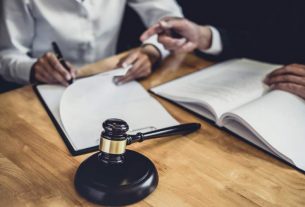As a criminal lawyer, the psychology behind criminal behavior is crucial in building a strong defense for your clients. Criminal behavior from factors, including social, economic, and psychological insights into the psychology of criminals helps criminal lawyers develop effective strategies to defend their clients. One important aspect of criminal behavior is the concept of motive. Criminal lawyers’ clients committed the crime in question. Was it for financial gain? Revenge? Or was it a crime of passion? By understanding the underlying motive, criminal lawyers a stronger case by developing a defense strategy that addresses the motive directly key factor to the role of mental health in criminal behavior. Mental health disorders, schizophrenia, or bipolar disorder significant role in criminal behavior. Criminal lawyers the signs and symptoms of mental health disorders and consider pursuing a defense strategy that involves seeking treatment for their client’s punishment.
Criminal lawyers are aware of the various psychological theories that explain criminal behavior theory is the social learning hire a skilled lawyer in winnipeg theory, which suggests that individuals learn criminal behavior from observing others. There are criminal lawyers’ theories to develop a defense strategy that argues their client someone else’s criminal behavior. Another theory is the rational choice theory, in which individuals who engage in criminal behavior believe the benefits outweigh the risks. Criminal lawyers argue client decided to engage in criminal behavior due to the perceived benefits.
The rational choice theory is a popular criminological proposes rational decisions to engage in criminal behavior when the perceived benefits outweigh the potential risks. According to this theory, individuals weigh the potential costs and benefits of their actions and choose to engage in criminal the expected benefits exceed the expected costs. A criminal lawyer’s theory argues the client’s decision to engage in criminal behavior. Their client weighed the potential costs and benefits of their actions and a calculated decision to engage in criminal behavior because the benefits outweighed the risks. However, the rational choice theory has faced criticism from some scholars of individual decisions. They argue that emotions, peer pressure, and environmental factors influence an individual’s decision-making process and always accurately explain criminal behavior. These influences are particularly relevant to criminal behavior, as individual’s illegal activities due to social or emotional and personal desire.
Psychology of criminal behavior criminal lawyers in plea negotiations understanding the motives and psychological factors that led to their client’s criminal behavior, criminal lawyers for reduced charges or a lighter sentence. For example, if a criminal lawyer demonstrates client committed the crime due to a mental health disorder, for treatment there is no single theory that can fully explain all criminal behavior. Criminal lawyers in jury selection psychology of criminal behavior criminal lawyers’ knowledge of the psychology of criminal behavior to identify potential jurors be more sympathetic to their defense strategy. For example, if a criminal lawyer is pursuing a defense strategy seeking treatment for their client’s mental health disorder, select jurors to view mental health disorders as a mitigating factor in criminal behavior.



